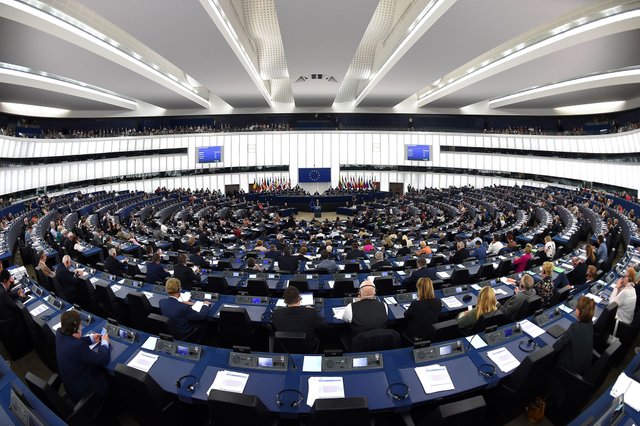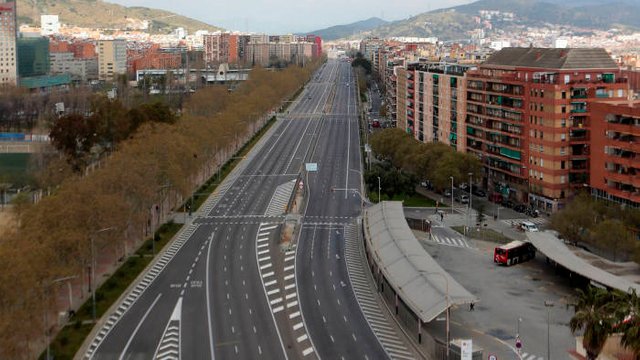
On 8th April 2020, France officially indicated its economy had entered a recession after registering two consecutive negative quarters. Since the beginning of the year, the French economy has lost a bout a third of its value, that is about 32% of its productivity. In other words the French economy is operating at two thirds of its normal level and sectors most effected by this slow down are retail, construction, transport, hospitality among others.

The closure of the above mentioned sectors is not only unique to France but in the whole Euro region and globally due to the COVID-19 suggested measures to stem the spread of the pandemic. The priority for most of the Euro zone economies is the prevention of mass job losses. This is clearly seen from the measures taken by the different countries in the region. Unlike in 2008, this time round many of the governments have tried to respond quickly to the global public health pandemic to try and mitigate the economic damage and avoid the austerity measures that were taken during the 2008 financial crisis. However, the financial crisis is here to stay and we are bound to see disruptions in different sectors.
If the French economy is indeed in a recession, this definitely is going to have a domino effect on the rest of the Euro zone members and the world at large due to our nature of interconnectedness. COVID-19 is testament to our interconnectedness, a sneeze in Wuhan is felt in every part of the globe and the magnitude of the effects of this global pandemic to the global economy are yet to be seen playing out in the next few months.

There is evidently panic about the uncertain times that await us and different countries are reacting differently to the impending economic crisis. Point in case, Spain has opted to open the economy partially to try and contain the impending economic crisis and recession, a move that might either help the economy cope with the economic crisis or expose it more to the public health crisis and have a resurgence of increased COVID-19 infections that will exacerbate pressure on the already stretched public health systems.

These measures owe to the hope that there are less infections and somehow the population develops some sort of immunity to COVID-19 over time. Of course not to mention the various clinical trials taking place in different parts of the world. Needless to say that the earliest we shall have a vaccine is probably within the next two to three months.
It is therefore no-brainer that we are set for an economic downturn only comparable to or even worse than the 1929-38 economic depression. How we wade our way through this one depends on the measures taken by our politicians but also on our personal involvement in shaping the future that we want. It is crucial to rally a critical mass of people with the right intentions, hearts and ideas to speak up and voice opinions to the powers that be to provide alternatives. One thing for sure is that post COVID-19, many things will change before we get back to the “normal” or even a new normal of social distancing. Brace yourselves for the new normal!